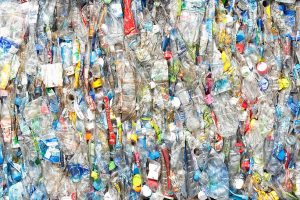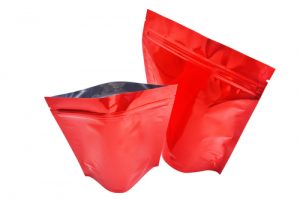 Data from the sale of recyclable plastic bottles in early December suggest the value of recovered packaging will end the year in a slightly weak position.
Data from the sale of recyclable plastic bottles in early December suggest the value of recovered packaging will end the year in a slightly weak position.

 Data from the sale of recyclable plastic bottles in early December suggest the value of recovered packaging will end the year in a slightly weak position.
Data from the sale of recyclable plastic bottles in early December suggest the value of recovered packaging will end the year in a slightly weak position.
 Loop Industries reverses course on buying a Montreal facility, and optical sorter companies show off their improved products.
Loop Industries reverses course on buying a Montreal facility, and optical sorter companies show off their improved products.
 Readers last month were drawn to news of a large-scale PET recycling facility coming to California, as well as stories about China’s ban, ocean plastics and more.
Readers last month were drawn to news of a large-scale PET recycling facility coming to California, as well as stories about China’s ban, ocean plastics and more.
 Procter & Gamble announces the expansion of a technology for recovering plastics from diapers, and reclaimers install new equipment to boost their capacities.
Procter & Gamble announces the expansion of a technology for recovering plastics from diapers, and reclaimers install new equipment to boost their capacities.
 A tech company wants to bring “smart” technology into caps and closures, and a carpet stewardship bill is signed into law in California.
A tech company wants to bring “smart” technology into caps and closures, and a carpet stewardship bill is signed into law in California.
 Winners are announced in a $1 million contest focused on addressing non-recyclable plastics, and two major cities add additional plastic items to their curbside programs.
Winners are announced in a $1 million contest focused on addressing non-recyclable plastics, and two major cities add additional plastic items to their curbside programs.
 When it made landfall on Aug. 25, Hurricane Harvey became the wettest tropical cyclone to ever hit the U.S., dumping more than five feet of water on Houston. The resulting floods have impacted the recycling industry in multiple ways, driving up prices for virgin plastics, hampering freight systems and halting curbside collections.
When it made landfall on Aug. 25, Hurricane Harvey became the wettest tropical cyclone to ever hit the U.S., dumping more than five feet of water on Houston. The resulting floods have impacted the recycling industry in multiple ways, driving up prices for virgin plastics, hampering freight systems and halting curbside collections.
 In September, Plastics Recycling Update readers were drawn to a wide variety of topics, including a packaging innovation, China’s imports ban, and food- and beverage-contact plastics decisions.
In September, Plastics Recycling Update readers were drawn to a wide variety of topics, including a packaging innovation, China’s imports ban, and food- and beverage-contact plastics decisions.

A massive virgin PET production facility could shutter before it opens, and a New York county rolls out full-scale foam food-service packaging collection.
 A California company will process carpets underwater to generate better-quality nylon and PP pellets, and a French company says a recently acquired plastics reclaimer is compatible with its polymer compatibilization business.
A California company will process carpets underwater to generate better-quality nylon and PP pellets, and a French company says a recently acquired plastics reclaimer is compatible with its polymer compatibilization business.
